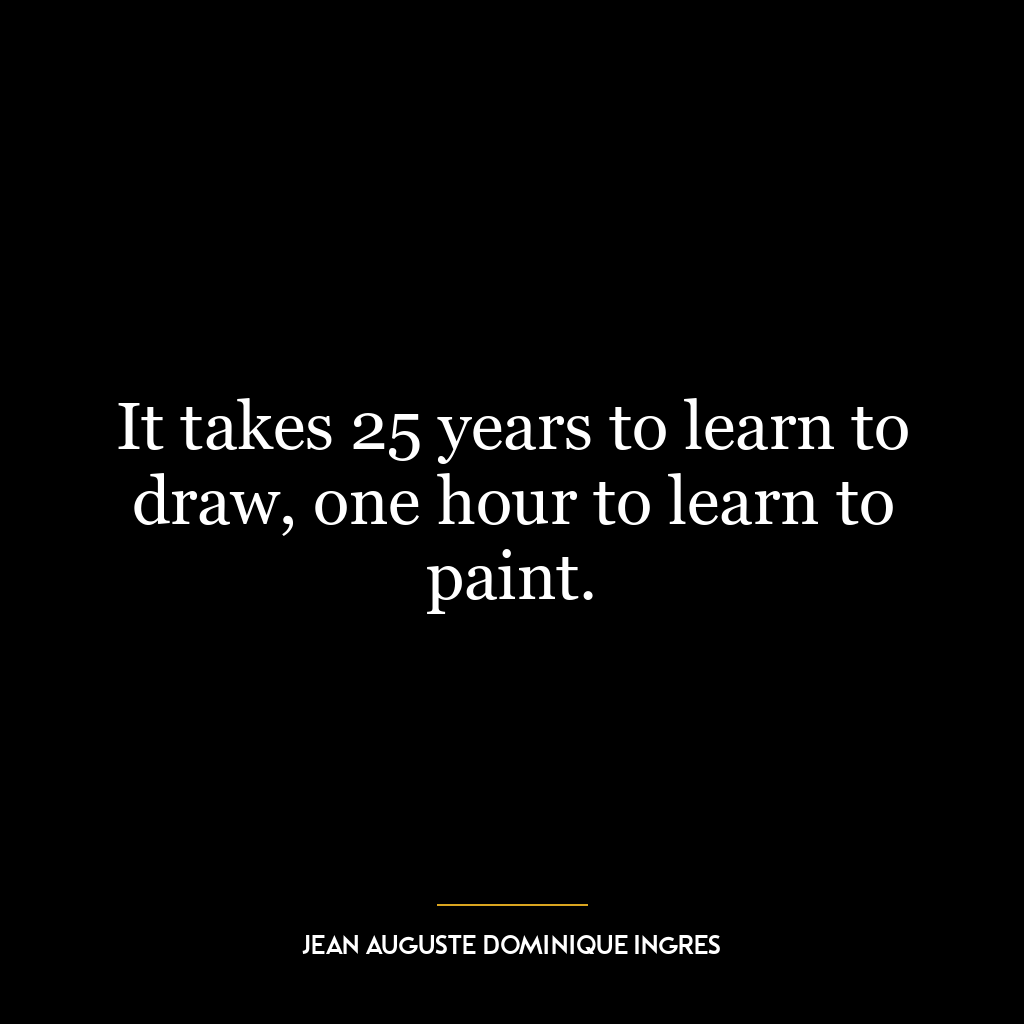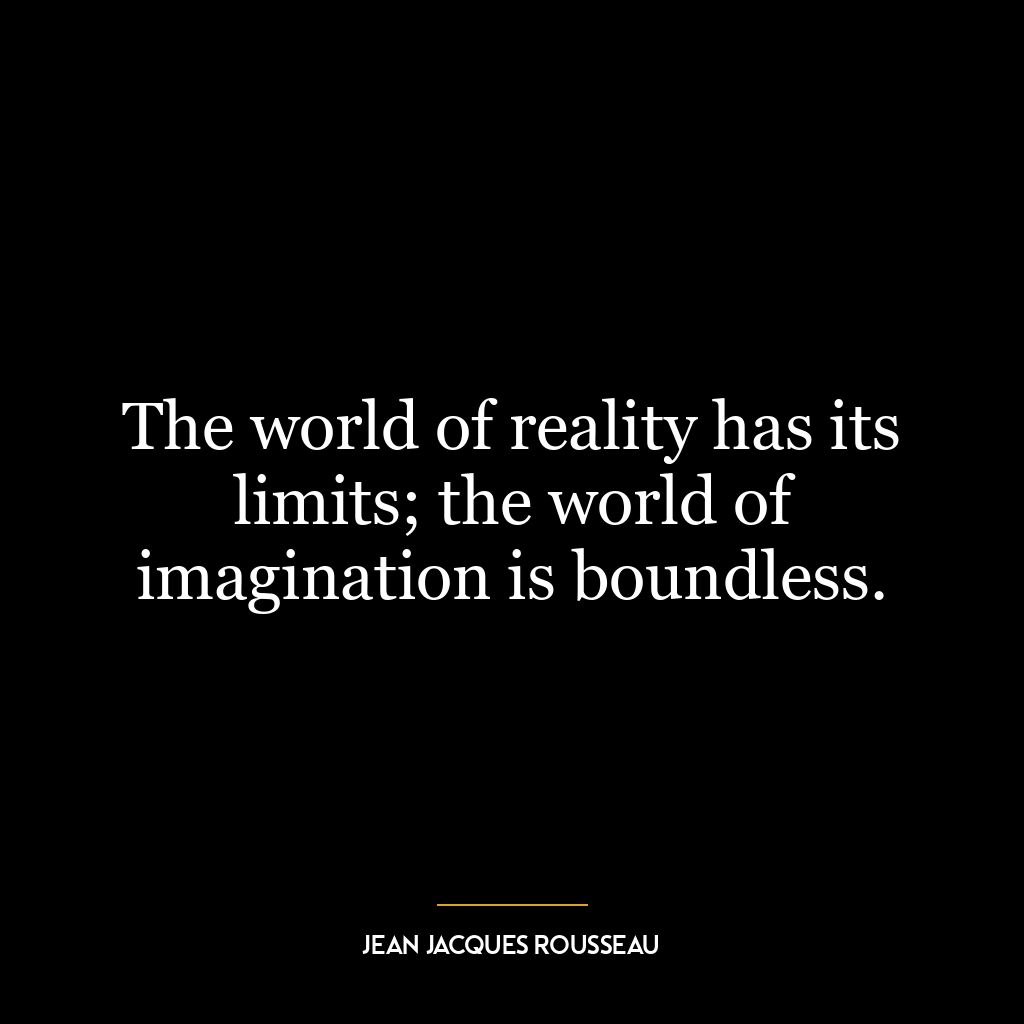Measure, time and number are nothing but modes of thought or rather of imagination.
This quote suggests that concepts such as measure, time, and number are constructs of the human mind, or even products of our imagination. They aren’t inherent properties of the universe, but tools we’ve created to understand and navigate it.
Measure, time, and number are abstract ideas that we use to make sense of the world. For instance, we use measurements to understand the physical world around us – the length, breadth, height of objects, or the distance between two places. Time helps us structure our lives, activities, and events. Numbers are used in countless ways, from counting objects to complex mathematical and scientific calculations.
However, these concepts do not exist outside of our perception. An object doesn’t know or care about its measurement, time doesn’t ‘exist’ in the sense that it can be touched or seen, and numbers are purely symbolic representations. They are modes of thought, developed and employed by humans (and some other animals to a limited extent) to bring order, predictability, and understanding to our surroundings.
Applying this idea to today’s world or personal development can be enlightening. For instance, in the realm of personal development, it’s common to measure progress in quantifiable terms – losing a certain amount of weight, earning a specific amount of money, reading a set number of books per year, and so on. While these measurements can be helpful, Spinoza’s quote reminds us that they are not the only or ultimate indicators of growth or success. They are constructs of our mind, and there can be other, non-quantifiable ways of assessing our development, such as our level of happiness, the quality of our relationships, or our sense of inner peace.
In the broader societal context, this quote could be a call to question and rethink the systems and structures we’ve built based on these modes of thought. For example, the traditional 9-to-5 workday is a construct based on the concept of time. However, as we’re increasingly realizing, it may not be the most productive or satisfying structure for everyone. Similarly, our economic systems are built around numbers (money), but they often fail to account for things that can’t be easily measured or quantified, like mental health or environmental impact.
In conclusion, Spinoza’s quote encourages us to recognize the abstract nature of measure, time, and number, and to remain open to other, perhaps less tangible but equally valid, ways of understanding and interacting with the world.








